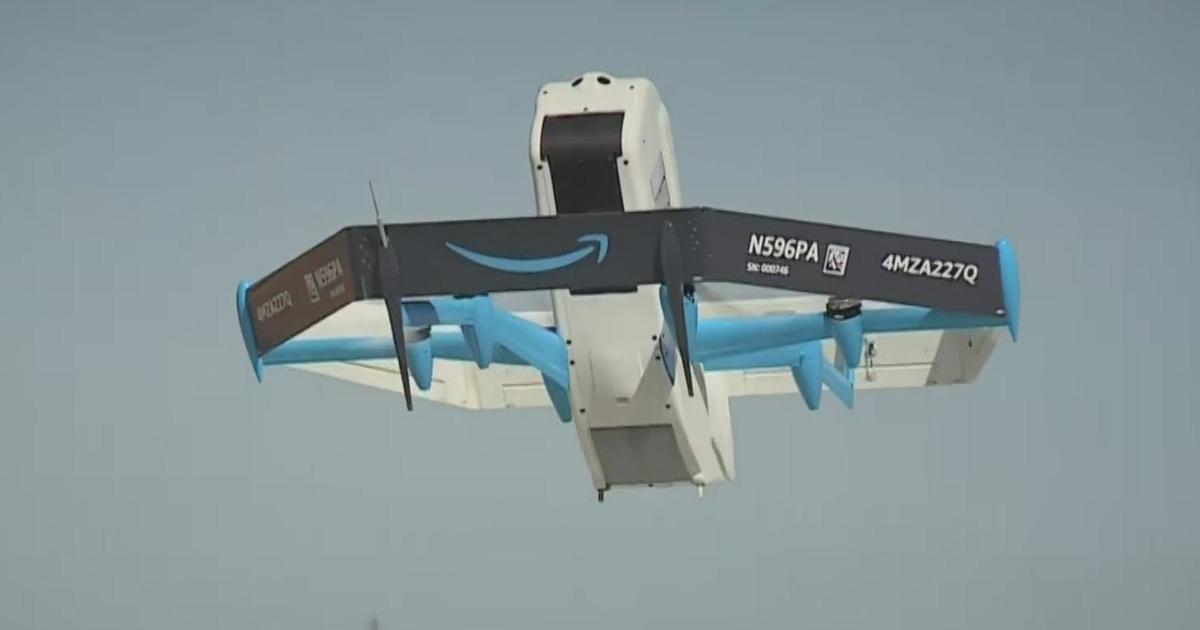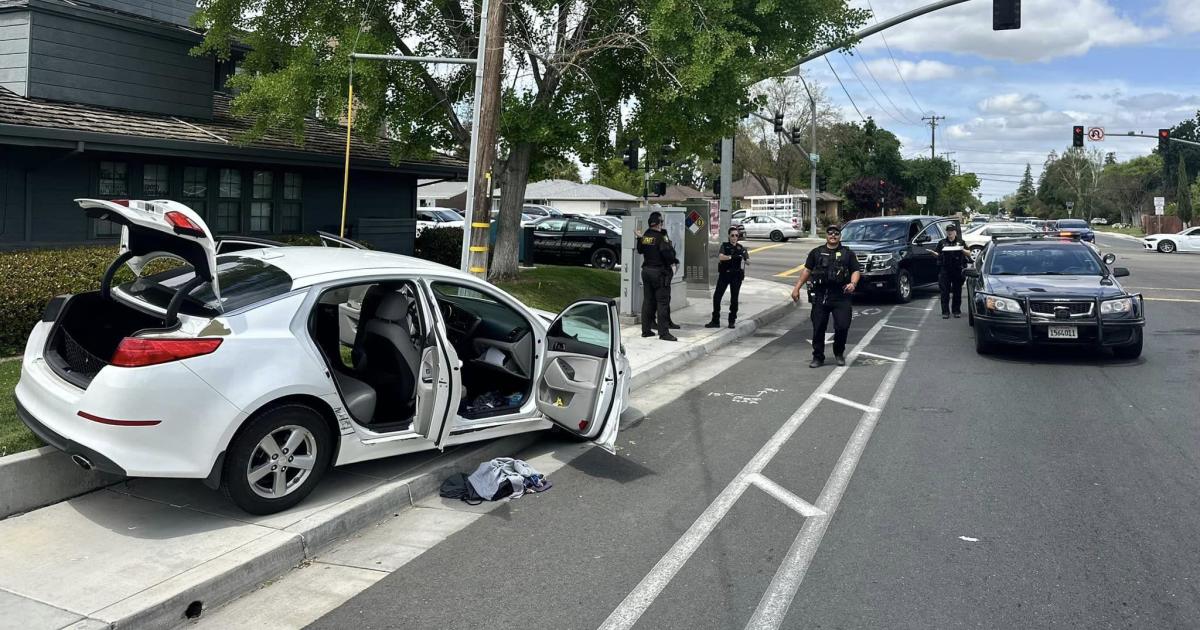Union Promises BART Vote, Expects 'Resounding No'
OAKLAND, Calif. (AP) — The president of one of the two unions involved in the San Francisco Bay Area rapid transit strikes said Saturday she will take the final contract offer to members for a vote, but expects it will be rejected.
Antonette Bryant said she was unsure how long it would take to get the proposal printed and into the hands of the 900 workers represented by ATU 1555.
"It's our hope we can get it to members this week," Bryant told The Associated Press in a telephone interview. She said she expects the vote to be "a resounding no."
Bryant used a news conference at the Pittsburg/Bay Point station Saturday to convince the public that workers' demands are not unreasonable. Bay Area Rapid Transit riders who make 400,000 daily trips on the transportation system have become hostile on social media since their commutes were disrupted Friday morning.
The union agreed with BART management on the economic parts of the contract, including a 12 percent pay raise that when increased pension and health insurance costs becomes nearly a 1 percent salary loss for workers, she said. The two sides came to an impasse over work rules, including the length of the work day and when overtime pay kicks in, the union said.
BART spokesman Rick Rice said Saturday that the two sides remain in communication though they were not expected back at the bargaining table.
Messages left for negotiators from the Service Employees International Union, which also represents workers, were not immediately returned.
However, SEIU president Roxanne Sanchez said they were willing to sign off on pay, health care and pension issues, and send the remaining snarl — work rules — to an arbitrator, a proposal BART has previously refused. But BART officials later said they would be willing to send the entire contract to arbitration but not the work rules alone.
Thus, with no deal in place, residents were spending a weekend without BART service, complicating vacation plans and making it tough for fans heading to events including a music show on Treasure Island and art exhibits throughout San Francisco's Open Studios.
Six months of on-again, off-again negotiations have brought agreement on key issues such as raises, health care and pensions. But there remained a snarl late Thursday that sent workers back to picket lines for the second time since July: a package of work rules involving when schedules are posted, whether workers can file for overtime when they've been out sick, and how paychecks are delivered.
Weekend BART use is light compared with the workweek, and frustrated commuters Friday said they hoped an agreement could be quickly reached.
The Bay Area Rapid Transit system carries its ridership through tunnels under the bay and into the region's urban core of San Francisco from four surrounding counties, relieving what would otherwise be congested bridges.
In an effort to alleviate delays, many of the Bay Area's other 27 transit systems added bus, ferry and rail service Friday. Carpools and rideshare programs were also busy, and more cyclists took to the streets. Ferry operators said their ridership doubled.
But traffic was sluggish during both commutes, and lines at bridge toll plazas were backed up for miles.
Passengers touching down at San Francisco International Airport were warned that trains weren't running, and it could take twice as long to get into the city.
Many simply avoided the hassle, telecommuting instead.
Discussions fell apart late Thursday after a marathon 30-hour negotiation with a federal mediator that put representatives from both sides at dueling press conferences, rumpled, unshaven and angry.
Talks started in April, two months before the June 30 contract expirations, but both sides were far apart. The unions initially asked for 23.2 percent in raises over three years. BART countered with a four-year contract with 1 percent raises contingent on the agency meeting economic goals.
The unions contended that members made $100 million in concessions when they agreed to a deal in 2009 as BART faced a $310 million deficit. And they said they wanted their members to get their share of a $125 million operating surplus produced through increased ridership.
But the transit agency countered that it needed to control costs to help pay for new rail cars and other improvements.
Associated Press writer Tracie Cone contributed to this report.



